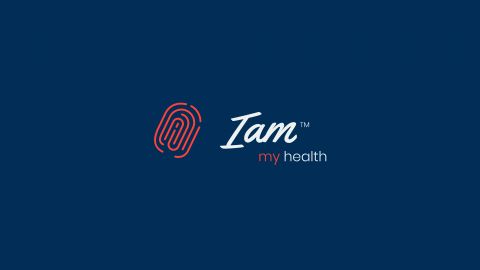VITO is an advocate of sustainability. In order to keep our healthcare affordable for everyone – including for the government – that must be sustainable too. Across the world, we are seeing that, while conditions are fortunately no longer fatal thanks to technological developments and better knowledge, they unfortunately often become chronic.
In the health care sector, efforts are being poured into treatment, which is often expensive. The investment would be even more worthwhile if we could prevent illnesses, and this is where the research program ‘I am my health’ comes in. A personalised prevention programme enables you to respond more quickly and prevent worse outcomes. Personalised prevention goes beyond large-scale prevention programmes in which the population as a whole is warned against the harmful effects of something. It is a system in which a person’s health is continuously monitored on an individual basis, using measurement tools such as blood pressure checks and even testing at the molecular level (blood, urine, saliva, etc.).
This personalised monitoring is not an obvious course of action. The intention is to monitor perfectly healthy people in order to take preventative action. It is an entirely new approach, and this is precisely why a sound ethical, legal and logistical framework is needed. ‘I AM my health’ developed these three framework areas in 2018. A first step in the ‘I AM my health’ study is the ‘I AM frontier’ study. During an initial pilot stage, VITO employees were asked to voluntarily participate in the study, and 30 of the more than 100 candidates were selected. Participants are over the age of 45, since this is the age from which chronic conditions begin to manifest themselves.
From Spring 2019, these 30 participants will commit to wearing wearable devices and submitting regular blood, urine, stool and hair samples for eighteen months. A retina scan will also be carried out every two months. Participants must not have any chronic condition at the start of the project, precisely because the intention is to map out what is ‘normal’.
This is a pilot project. By initially rolling it out fully on a small scale among a very local group of participants, our researchers will be able to find out exactly what obstacles may arise during the course of the project. In the longer term, they want to find out which measurements are relevant which are not, and they will be able to check which parameters this personalised prevention will focus on. Artificial intelligence and big data are necessary aids for the implementation of this personalised approach.



